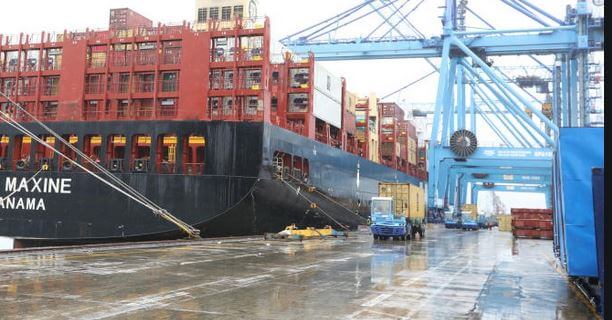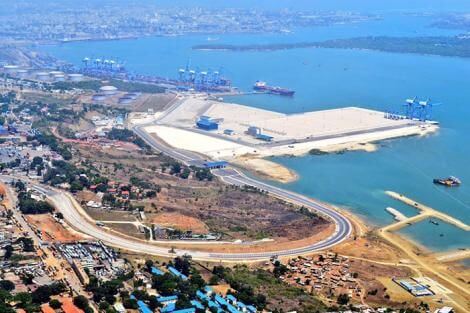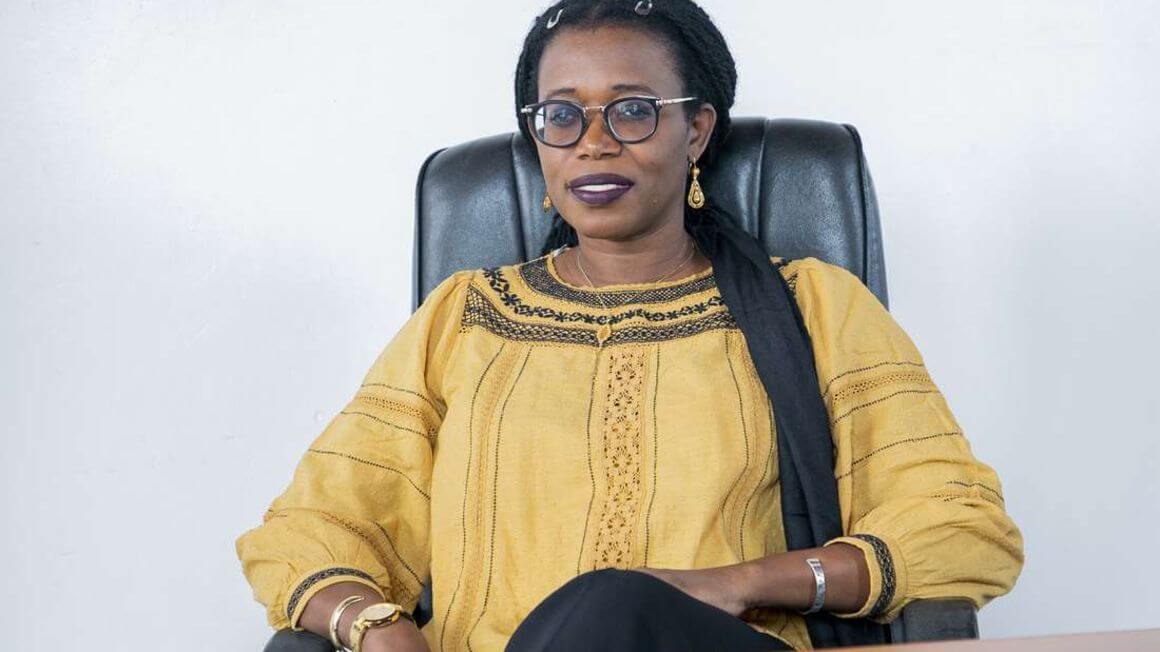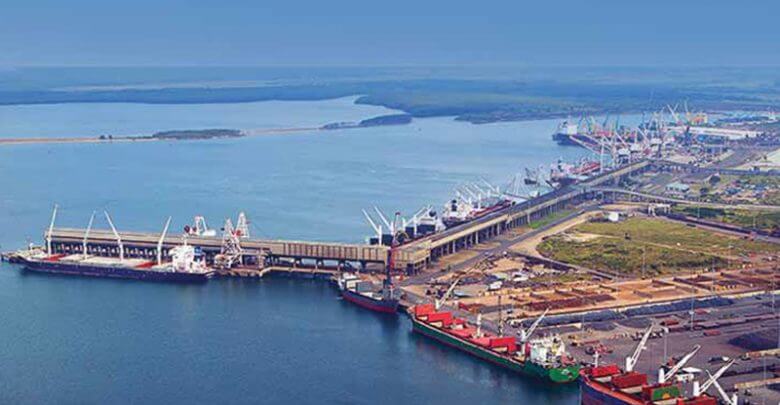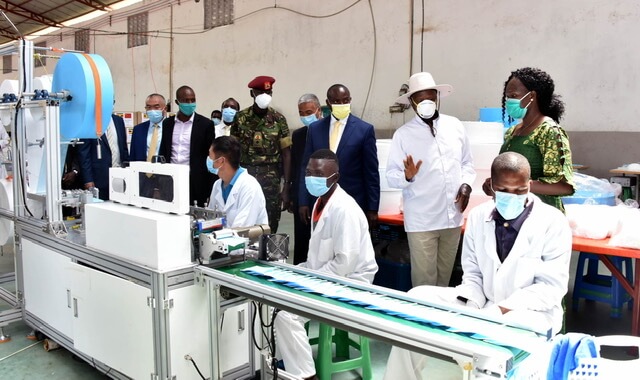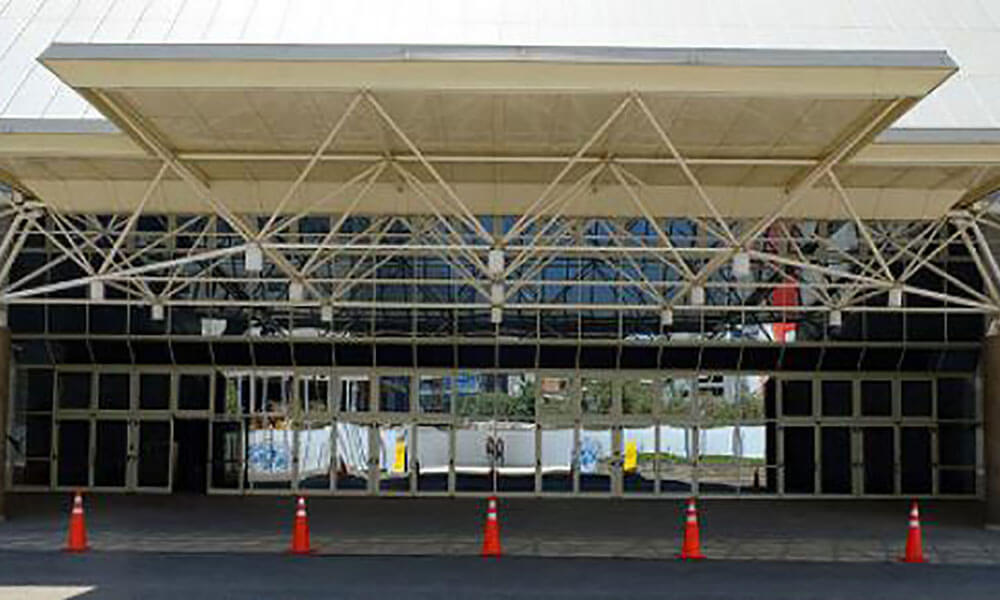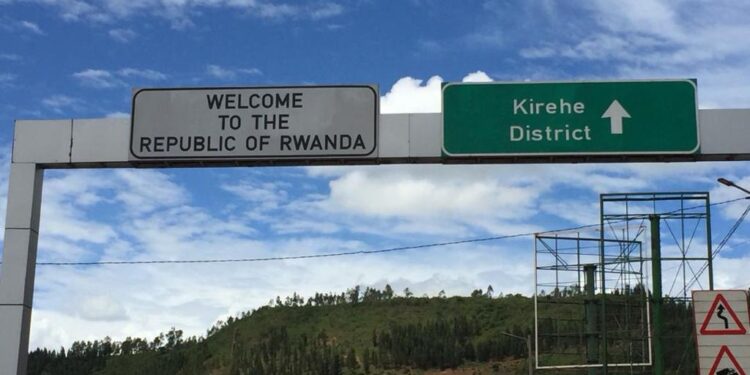Summary When well utilised, technology and online market places can drive inclusive growth across Africa, with e-commerce likely to create as many as three million jobs by 2025. Ditching outmoded business models for e-commerce will drive intra-regional trade to new business markets and fasttrack the implementation of the AfCFTA. Young people in Africa could unlock the benefits of the Africa Continental Free Trade Area (AfCFTA) through e-commerce, which accounts for global online sales worth $26 million. The trading bloc comes into force in January 2021. However, even as e-commerce is touted as the panacea for growth of trade in Africa, countries are being warned about the sector’s legal hurdles. When well utilised, technology and online market places can drive inclusive growth across Africa, with e-commerce likely to create as many as three million jobs by 2025. This is according to a recent virtual meeting on Trade Beyond Covid-19: Unpacking the AfCFTA for East Africa. The meeting, hosted by the International Trade Centre (ITC) — the joint agency of the World Trade Organisation and the United Nations — was attended by government officials and other private business partners from around Africa. ITC executive director Pamela Coke-Hamilton said there is a need for African countries to incorporate technology in their trading programmes and should learn from regional blocs such as the East African Community (EAC), the Southern African Development Community (SADC), the Economic Community of West African States (Ecowas). She said the opportunities and challenges of e-commerce in Africa interplay with other...
E-commerce will enable young people to gain from AfCFTA but legal hurdles loom
Posted on: December 9, 2020
Posted on: December 9, 2020


